Europe faces a "slow agony" without bold reforms Draghi’s wake-up call
Former Italian Prime Minister and ex-President of the European Central Bank Mario Draghi presented his report to the European Commission, which draws bleak conclusions about the current state of the European Union. According to the Italian economist, the EU's economic lag behind the United States and China could become critical...
Serious challenges for the EU
Mario Draghi's report has been a true bombshell, not only due to its volume of 400 pages. For the first time, it openly expresses concern for the fate of what seemed to be a dynamically developing European economic community. The report proposes "revolutionary" measures to overcome the crisis. It has already been dubbed both a "new Marshall Plan for Europe" and a "serious political test for the EU." What is happening?
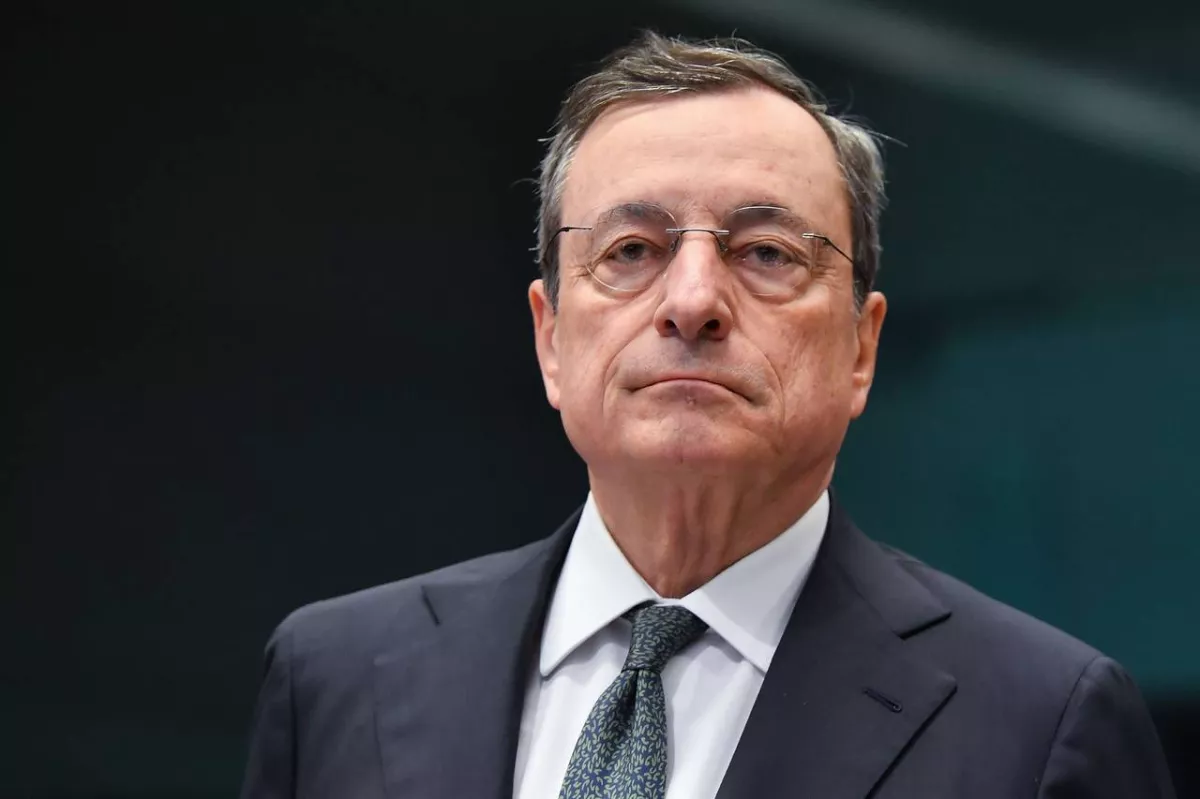
Draghi's report is dedicated to the declining ability of the EU to compete with the world's leading economic players, as reflected in its title, "The Future of European Competitiveness." The competitors outpacing "Old Europe" are the United States and China. It's important to note that the terminology in the report contains elements of EU-centrism. When Draghi speaks of Europe, he is referring exclusively to the European Union member states. Since the beginning of this century, the EU's economic growth rates and living standards have significantly declined. For instance, since 2000, real disposable income in the US has grown almost twice as fast as in the European Union. Meanwhile, the GDP gap between the EU and the US widened from 15% in 2002 to 30% in 2023.
Why might Europe’s "golden age" remain in the past? There is a long list of reasons for the current European crisis. In the context of globalization, the EU is significantly impacted by the decline in global trade growth. After the end of the Cold War, Western Europe received many advantages. Between 2000 and 2019, the share of international trade in the EU's GDP increased from 30% to 43%. Western capital flooded Eastern Europe and the post-Soviet space with goods, while importing cheap raw materials and necessary products. However, the IMF now predicts a slowdown in global trade growth to 3.2%, compared to an average annual growth rate of 4.9% between 2000 and 2019. In recent years, the EU's share of global trade has been shrinking significantly.
A major factor slowing the growth of EU companies is foreign competition, especially from Chinese manufacturers. Products from China now directly compete with EU goods in 40% of the global market, whereas in 2002, Chinese goods only pressured eurozone products on 25% of the market.
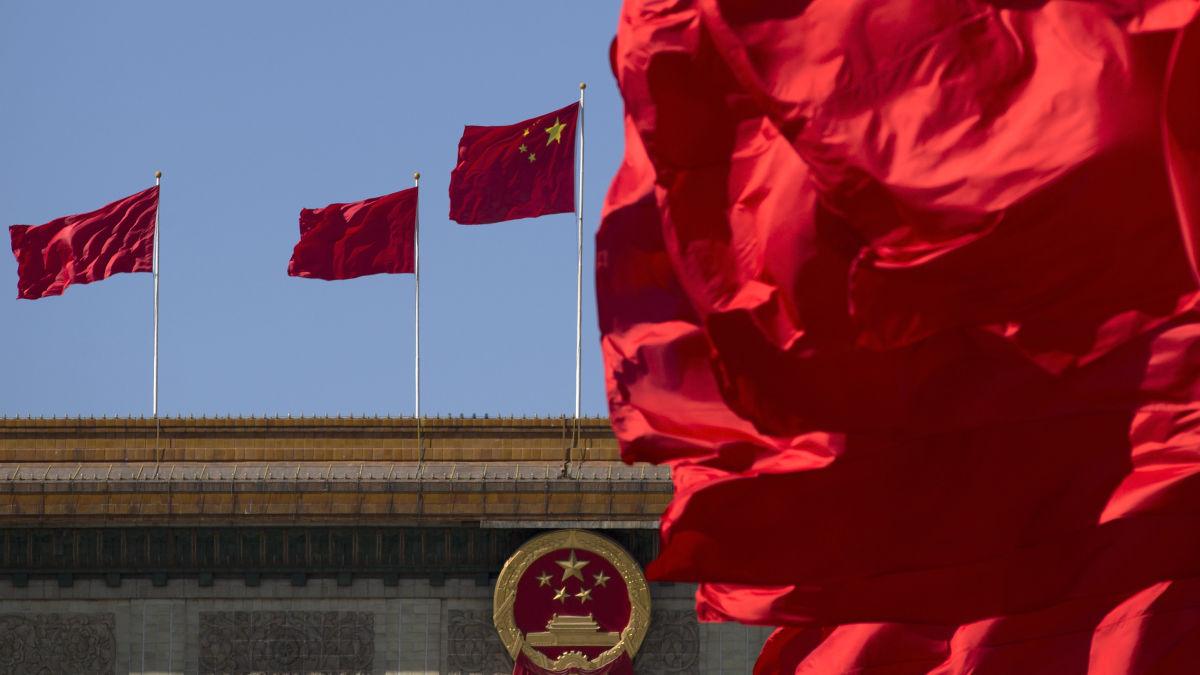
Strangely enough, Europe has also largely missed the digital revolution, which has led to a lag in labour productivity. The EU is falling behind in technological development as well—only four out of the world's 50 largest technology companies are European. Over the past 10 years, the global share of technology revenues for European countries has dropped from 22% to 18%, while the US share has increased from 30% to 38%.
Mario Draghi also frankly acknowledges: " Europe has abruptly lost its most important supplier of energy, Russia." Before the events of 2022, Russian gas accounted for 45% of all natural gas imports into the EU. Although energy prices have recently decreased, electricity in the EU still costs 2-3 times more than in the US, and natural gas is 4-5 times more expensive. Additionally, in the eurozone, gas costs 30% more than in China. This is partly due to Europe's scarcity of natural resources and the current market rules.
But the EU's problems extend beyond energy resources to human resources as well. The West is ageing rapidly, and for the first time, economic development in the EU can no longer be sustained by population growth. It is estimated that by 2040, the workforce will decrease by 2 million people per year.
If current productivity levels persist, the EU will merely maintain its status quo, thus plunging into economic stagnation. According to Draghi’s calculations, for successful development, Europe needs an annual investment growth of 5% of GDP, similar to the levels seen in the 1960s and 1970s. However, this is an enormous figure. Even during the implementation of the famous Marshall Plan in 1948-1951, investments only amounted to 1-2% of GDP.
Today, large-scale investments on the old continent are not looking promising. Over the past 50 years, not a single truly large company has emerged in Europe, whereas in the US, six companies with capital around $1 trillion have risen. Thus, Mario Draghi emphatically warns that if urgent measures are not taken, the EU economy faces a "slow agony."
How to rebuild Europe...
What actions are being proposed to "save" Europe? The first direction is to match the US in the field of innovation at all costs, which includes providing education and adult training. Over the past 20 years, the top three leaders among American companies in research and innovation have shifted from automotive and pharmaceutical corporations to the digital sector. Meanwhile, in the EU, automotive giants continue to dominate the innovation landscape. Draghi views this structure of the European economy as industrially static and outdated.
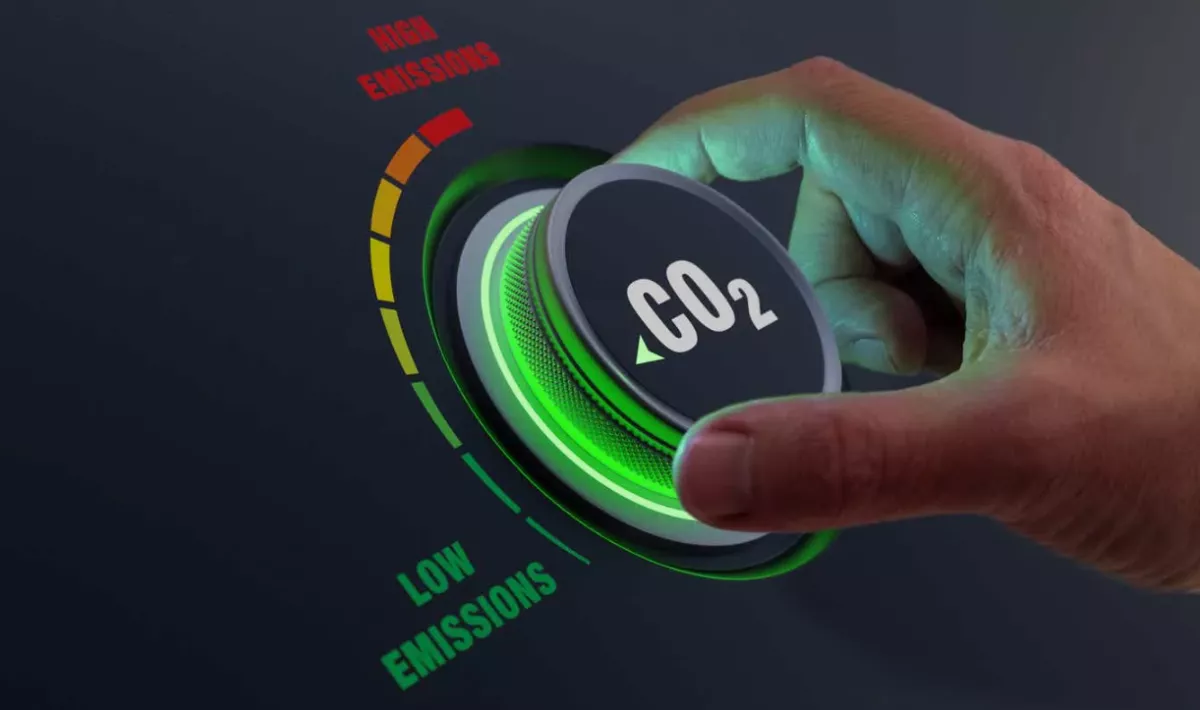
The second area of action is a joint plan for decarbonization. This is driven not only by concern for Mother Nature and the alarmism of the "greens." The global decarbonization agenda primarily presents a new window of opportunity for the growth of EU industries—and it involves huge sums of money. For example, the cost of decarbonizing just four major sectors, including the chemical industry, will amount to 500 billion euros over the next 15 years. It is also estimated that between 2031 and 2050, around 100 billion dollars will be spent annually on decarbonization. The shift away from carbon-based fuels is seen as a way for the EU to reduce energy prices, lessen its dependence on external suppliers, and enhance its energy security.
The European Union still holds a global leadership position in some sectors of the "green economy," such as wind turbines, electrolysers, and low-carbon fuels. However, China is rapidly displacing European companies from promising clean technology markets. In 2017, the EU controlled 58% of the wind turbine market, but by 2022, this share had dropped to 30%, with China gaining significant ground. Increasingly, European production is moving to China, where access to raw materials is easier and costs are lower. For instance, the cost of manufacturing photovoltaic panels in China is approximately 35-65% lower than in Europe, and battery production costs are 20-35% cheaper.
In recent years, the EU has seen a sharp deterioration in its trade balance with China, particularly due to the rise in imports of Chinese electric vehicles, batteries, and solar panels. Forecasts indicate that if this trend continues, domestic electric vehicle production in the EU could decline by 70%. It is noted that high tariffs imposed by "some countries" (primarily referring to the US) have further redirected the flow of Chinese goods to European markets.
The third area of focus is security and the reduction of various economic dependencies of the EU. Currently, 75-90% of global chip production is concentrated in Asia. However, in today’s global economy, China is also reliant on European markets for its sales.
As for the specific tools proposed in the high-profile report, the document outlines various strategies aimed at addressing these challenges.
A new strategy for Old Europe
One of the most crucial tasks is countering competition from China. However, Draghi believes it is misguided to follow the United States in implementing strict tariffs on Chinese goods. While China’s economic growth is still demagogically portrayed in the West as "overcapacity," the report proposes a differentiated approach to Chinese products. It acknowledges that abandoning "green" technologies from China could be very costly for the EU, given its ambitious decarbonization program.
Therefore, the report’s clever authors suggest that the EU should not interfere with beneficial imports from China at all. Let Chinese taxpayers and the government bear all the costs of new developments, while the EU takes advantage of them (it is worth noting that the main accusation against China is its state support for the economy). In other cases, joint production could be a possibility, and where there is a desire within the EU, strict protectionism and high tariffs can be implemented.
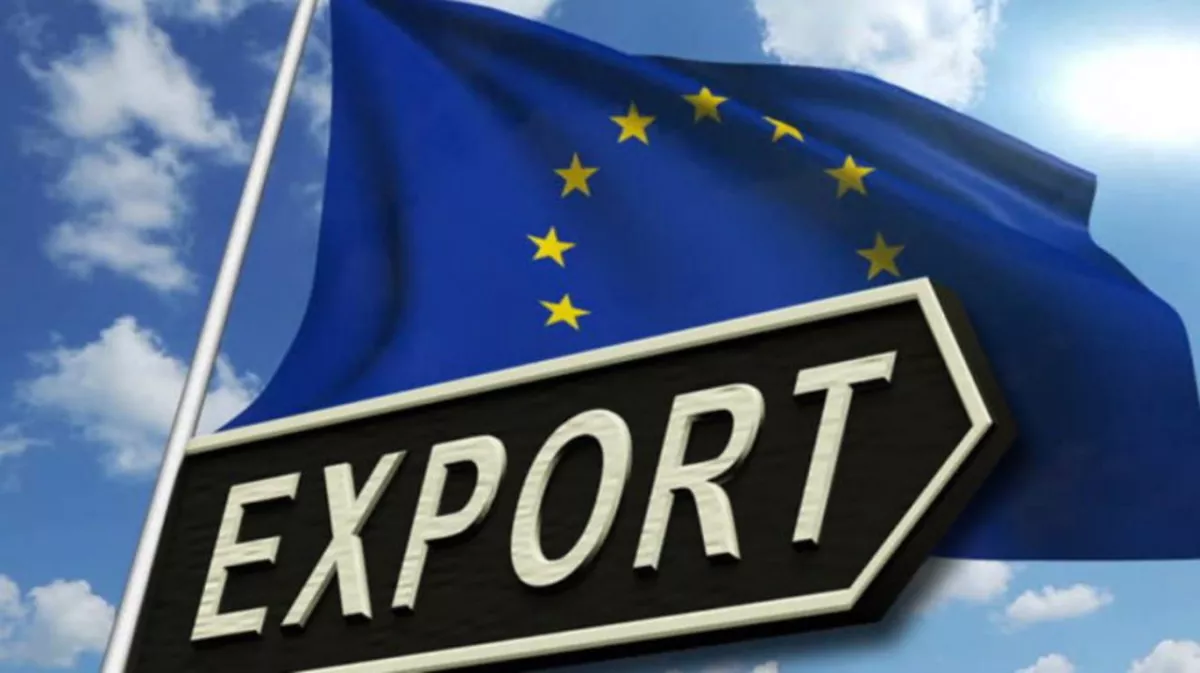
Mario Draghi emphasizes that "to retain our freedom," state management is necessary, both in the EU's foreign economic policy and its internal affairs. Keynesianism? What about the "sacred cows" of neoliberalism? In practice, the former head of the ECB does not completely reject the concept of a "free market," but he advocates for greater pragmatism. On one hand, he criticizes the extreme bureaucracy in the EU, where the approval of certain business projects can take years. For instance, obtaining permits for wind turbines in Europe can take up to nine years, which drives many investments to the US.
However, Draghi reasonably notes that private investors are unable to make the large-scale investments necessary for innovation. Therefore, financial support for advanced sectors—primarily "green" and digital industries—should come from the state. "The private sector will not be able to bear the lion’s share of financing investment without public sector support," Draghi asserts.
Indeed, in 2023, thanks to state support, the production capacity for batteries in the EU increased by approximately 20%.
At the same time, the authors of the report express an affinity for the more liberal tax rules for the energy sector in the United States. In short, Draghi and his team are attempting to combine the American neoliberal model with certain elements of Chinese state regulation and financial support from the government. However, it is worth noting that the US is also moving toward government support— the Inflation Reduction Act aims to provide between 40 and 250 billion dollars in assistance for clean technologies.
The report wisely points out that European countries should avoid the level of social inequality seen in the United States. There is particular concern about the impending job losses resulting from automation and digitization. Similar fears are expressed regarding the possibility that decarbonization could lead Europe toward deindustrialization. On the other hand, there are hopes for the creation of new jobs in the "green transition" economy.
However, despite the calls to preserve the European social welfare state, the report subtly suggests that government spending related to investments will be offset by budgetary savings. This, of course, could primarily involve cuts to social spending.
The report's authors ambitiously advocate for the adoption of a "new industrial strategy" for the EU. Specifically, they propose implementing all necessary measures to halt the relocation of European automotive manufacturing to China. Additionally, a reduction in energy prices is expected to enhance the competitiveness of the European economy.
Moreover, Draghi suggests creating a unified procurement platform for all EU countries to acquire essential resources, including gas. While this proposal has various merits, it may face objections from Germany, Hungary, and Slovakia for different reasons.
As is tradition, a special role in enhancing the EU's competitiveness is assigned to the defence industry. The European Union ranks second in the world (after the US) in military spending. However, Draghi laments the lack of coordination, pointing out that the US produces one type of main battle tank, while the EU has a total of 12 different models. Additionally, European arms companies are struggling due to insufficient investment and depleted stockpiles.
It seems that the "economic patriot" of Europe is also troubled by the fact that the American defence industry has extended its reach into the defence sectors of European allies. In fact, 78% of military procurement in 2022-2023 came from countries outside the EU, with 68% sourced from the US. Consequently, the report calls for increasing the share of European companies in the defence sector and providing them with state support. Draghi suggests strengthening consolidated EU participation, particularly in the development of new types of weapons, such as drones and others, alongside a multibillion-euro increase in additional investments in the defence industry.
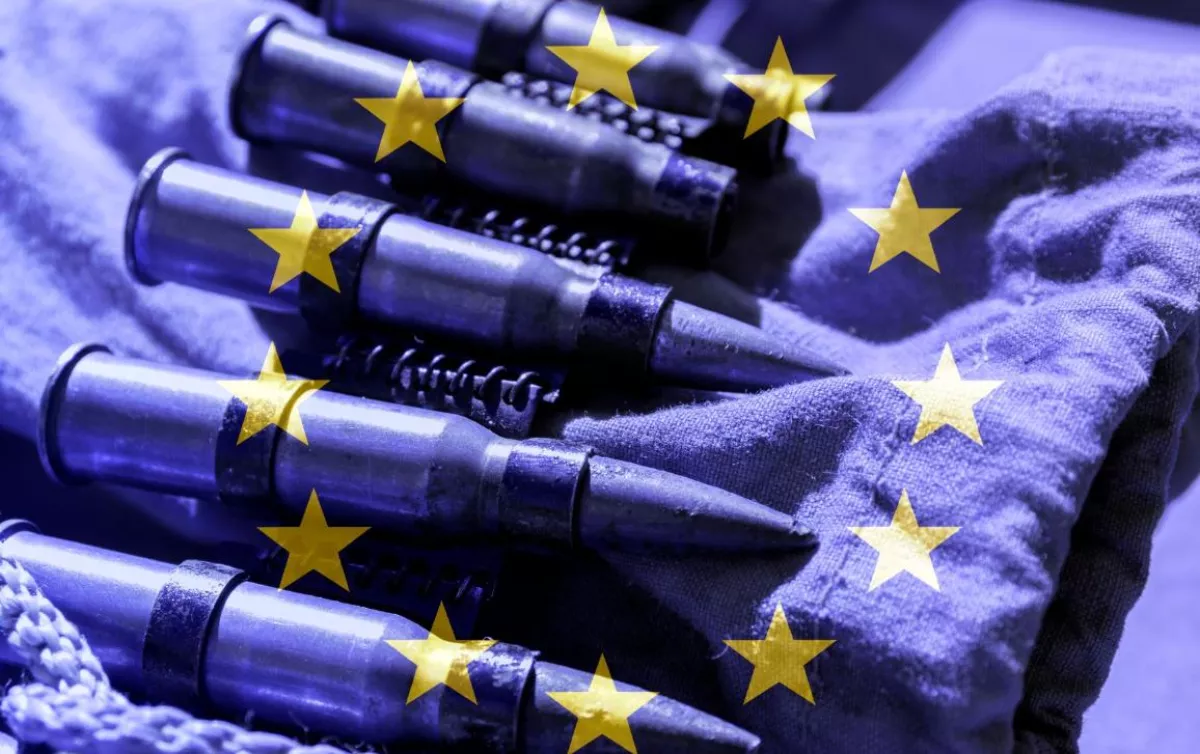
Naturally, calls continue to integrate the EU's single market. It may seem that there's little room left for improvement, yet it turns out that up to 10% of GDP is lost due to trade frictions within the EU.
One of the main innovations of this document is the proposal to create a "Competitiveness Coordination Framework." This includes a recommendation to adopt qualified majority voting (QMV) for decision-making in as many areas as possible, rather than relying on consensus. Furthermore, if certain actions are blocked within the EU, a "differentiated approach to integration" should be applied. This is clearly a direct hint and a veiled threat to Hungary, which has taken an independent stance on several issues. For instance, after the release of this report, Budapest announced that it would not support the imposition of higher tariffs on Chinese electric vehicles.
Draghi also suggests delegating more powers, likely shifting from national authorities to supranational ones. In summary, beneath the politically correct rhetoric lies a noticeable intent from Eurobureaucracy to make the EU even more centralized and governed from Brussels. Officially, this push is justified by the increasing number of EU members and the growing complexity of coordination.
The report by Mario Draghi signifies a potential shift toward a form of "European nationalism." In a context where the hegemony of a unified West, led by the United States, is increasingly unstable, alongside the economic growth of the Global South and a crisis in the contemporary neoliberal order, many players are beginning to prioritize their own interests.
European corporations, faced with intensified competition, are reluctant to be merely a resource base for American "allies." The report clearly indicates a lobbying effort on behalf of "new" sectors of the economy, particularly the green and digital industries. Additionally, the interests of defence companies are also highlighted, reflecting a broader trend toward asserting economic sovereignty.
Draghi's report has already sparked a vigorous reaction among the ruling elite of the EU. It has received support from Iratxe García Pérez, the leader of the Progressive Alliance of Socialists and Democrats, Andreas Schwab, a representative of the conservative European People's Party, and partially from the frontman of international digital business Elon Musk. However, the position of European Commission President Ursula von der Leyen is more ambiguous. As a representative of Germany, she expressed a veiled scepticism about the expanded joint financing. The thrifty Germans are not particularly fond of spending their money on common European needs.
However, it is essential to accurately assess the capacity of European bureaucracy and businesses for objective analysis, critique, self-critique, and the adoption of necessary measures. Regardless of whether technical errors can be corrected in Brussels, the key condition for Europe’s survival lies in another area. Can Europe establish genuinely equal relations with the United States? And can it embark on a path of mutually beneficial economic cooperation with China, free from political and hegemonic prejudices? It seems that only the governments of Hungary and Slovakia currently hold the right answer to this question...








